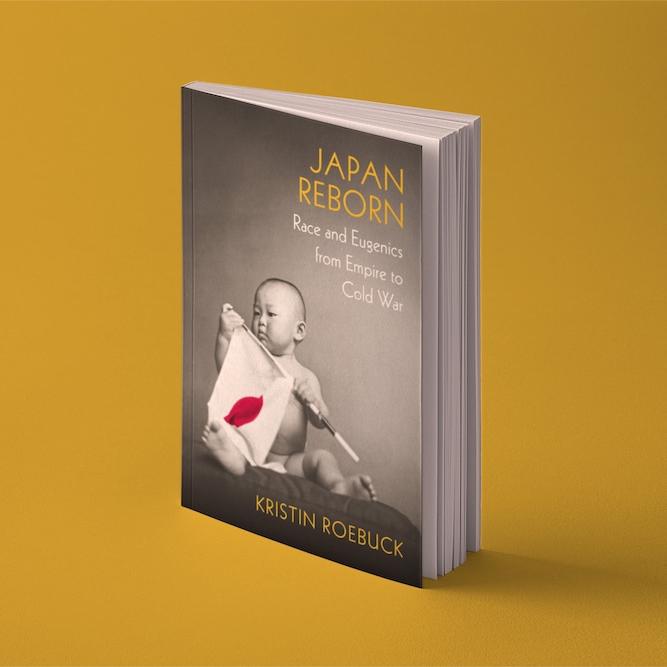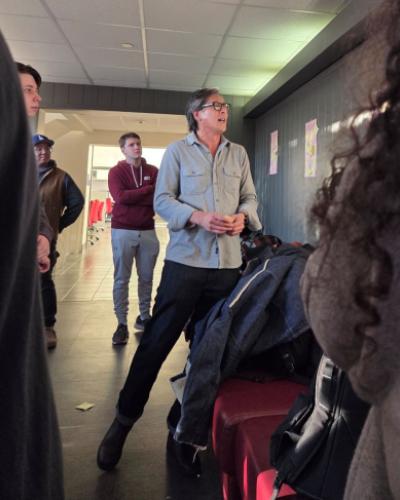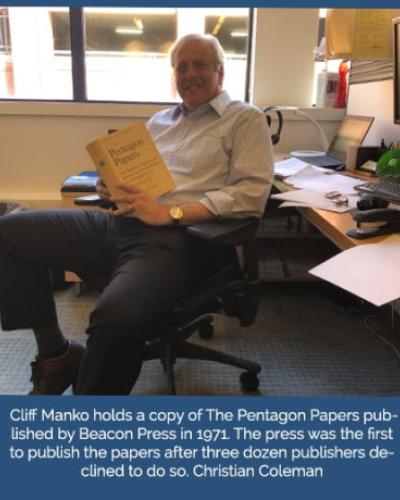When I interviewed for a job in corporate finance at Houghton Mifflin in 1992, the publishing firm’s CEO was far more interested in my history degree than my CPA. He grilled me about what I’d studied and how the history courses I’d taken had been taught. To this day, I believe that my passion for what I’d studied in college was the tipping point in getting what I consider to be the most important job in my life. I’ve remained in the publishing industry ever since. And my history degree helped me get there.
My history degree has inspired lifelong learning and influenced my 32-year career in corporate finance, much of which has been in the field of publishing. Learning about the past, reflecting how it influences the present and the future, and navigating through the challenges of using original source material has remained an intellectual passion of mine years after graduating. In my experience, much of what we do professionally on a day-to-day basis is learned not in college, but through work experience and enterprise. For instance, the personal computer, powerful desktop software, and the internet have radically changed my profession and the publishing industry. None of these technologies existed when I began my career. My history degree, however, imparted skills that made it easier for me to tackle whatever challenges arose in the professional and technical world. The major’s emphasis on documenting and vetting sources of data, organizing one’s thoughts and ideas into coherent narratives backed by evidence, and communicating complex ideas in a clear, concise fashion, for example, are skills that I use to this day.
I graduated with a BA in history in 1980 from Cornell University and into a severe economic recession. I had considered an academic career during college, but by my senior year I was itching to try living in New York City and to explore the business world. My first position—which I landed through a bit of networking—was in operations at a brokerage firm in NYC. This was before the internet, and I dealt with mainframe systems and lots of paper. After two years, I scaled up to working in the trust department of a small bank, also in an operational role, where over time I assumed some financial reporting tasks. I had not taken any business courses in college, but I had taken economics, calculus, and statistics, which helped me learn the data and accounting skills I needed to progress at work.
After four years of working, I settled on finance as my career. I obtained an MBA and then entered the public accounting profession as a CPA. Three years into my career at a large accounting firm, I transferred to Boston, lured by the city’s rich history and culture. One of the firm’s clients was Houghton Mifflin, the distinguished 150 year-old Boston publisher of educational materials and great literary works. When an opportunity in the corporate finance area of Houghton Mifflin opened up, I pursued it. I am now CFO of Beacon Press, a small and very prestigious 160-year-old publisher of adult nonfiction, with a deep list of historians and scholars as authors, including Roxanne Dunbar-Ortiz, Marcus Rediker, Jeanne Theoharis, Howard Zinn, and Robin DG Kelley. My publishing background at Houghton Mifflin, as well as my familiarity and deep respect for the firm’s history and great authors, helped me secure my current position at Beacon Press.
The publishing industry and the content industry in general is a great place for history majors to pursue careers. Both at Houghton Mifflin and Beacon Press, the editorial, production, sales, and marketing departments are full of liberal arts majors. In recent years, there has been an explosion of data and content, mainly packaged for online use, although print still has a life. A history degree provides a great background for anyone interested in the content industry, including at firms that create reference databases for professionals in business, science, and the government. (These firms have armies of people analyzing and organizing vast quantities of data, essentially using the same skills as historians.) If you haven’t already, consider content industries in your career planning. Also, positions that involve writing and dealing with scholars are another natural segue for history majors. At Beacon Press, our editors and production team work closely with scholars and authors. The passion our team has for the topics our authors write about is a key reason authors sign on with a small publisher like Beacon Press.
I truly believe the study of history provides great preparation for life, both intellectual and professional. Much of what one will learn professionally in life comes from actual work experience, but a history degree bestows skills that have a much longer shelf life. Organizing and analyzing data and writing are more important than ever in the digital era. As I’ve learned, following one’s passion usually leads to the right outcomes in life.
Clifford Manko joined Beacon Press in 2016 as CFO. Prior to Beacon, Cliff was senior vice president of finance at Houghton Mifflin Harcourt and vice president of finance at Cengage Learning. He began his finance career at Ernst & Young, where he was a CPA and audit manager. Cliff is a graduate of Cornell University and NYU Business School.
This article was originally published in AHA Today, the blog of the American Historical Association.





